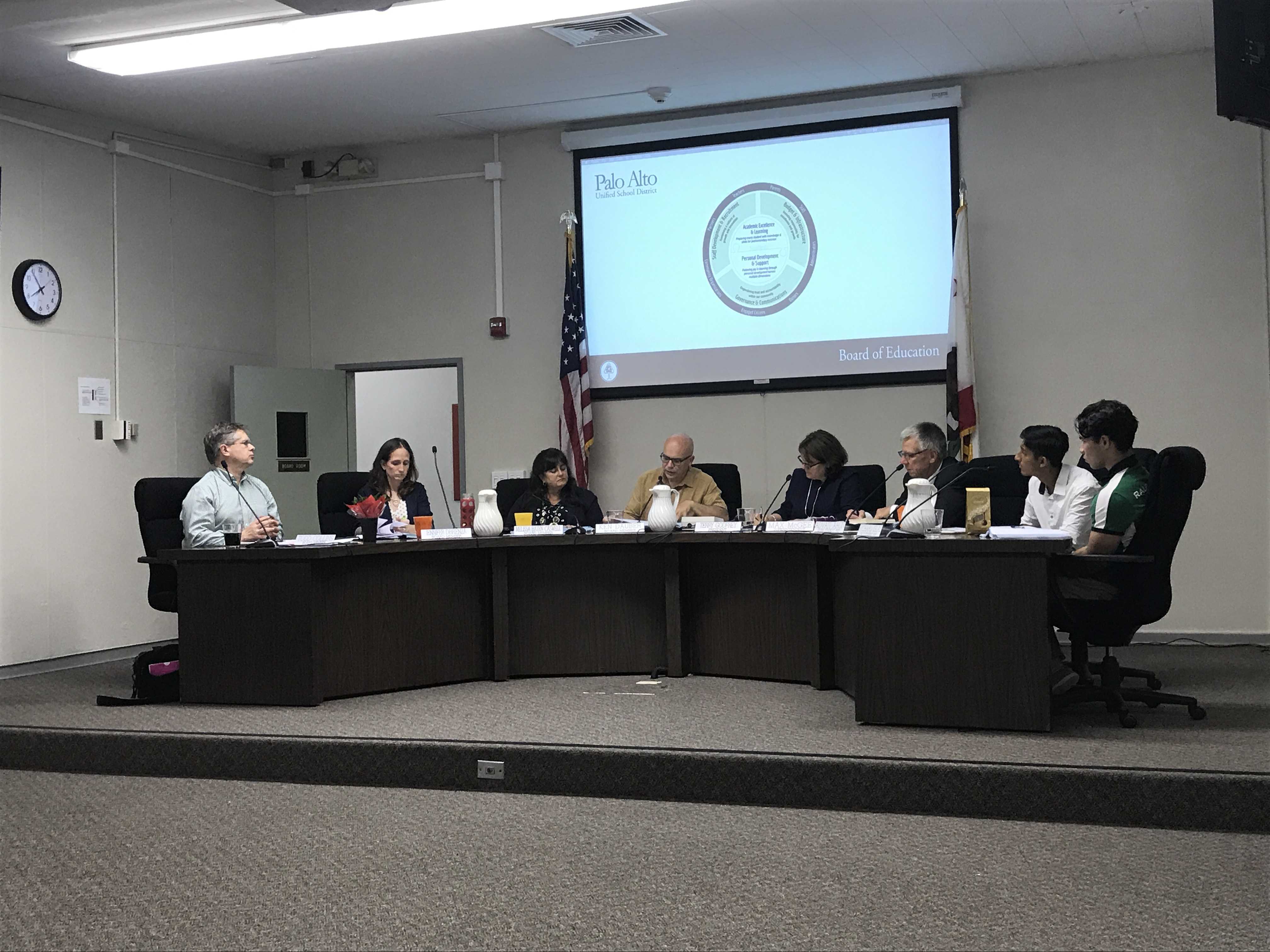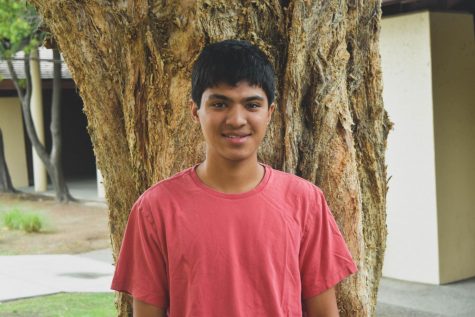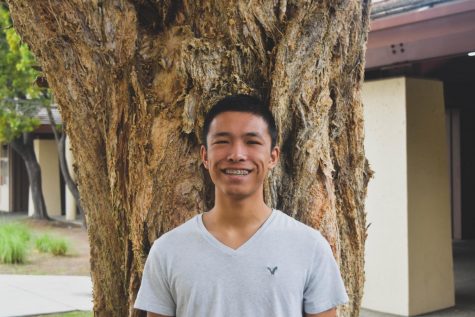
The Palo Alto Unified School District Board of Education is searching for solutions to the low rates of sexual harassment reporting highlighted by a U.S. Department of Education Office for Civil Rights survey.
In addition to discussion about the survey, the meeting on Tuesday touched on middle school sex education curriculum, the recent suicide of a Gunn High School senior and various legal policy changes related to sexual harassment.
The OCR survey, which was administered to students at Gunn and Palo Alto high schools last school year in the spring, shows that 88 percent of students who witnessed or knew of incidents of sexual harassment chose not to report them to anyone at school, and 82 percent said they didn’t report them to anyone outside of school. Fifty-one percent of all student respondents said they have never “been exposed to education to help understand how to maintain appropriate boundaries between staff and student.”
Of the parents who said their students had been “subjected to sexual harassment of any kind,” 52 percent responded that neither they nor their child reported the incident to anyone at school. Eighty-three percent said they did not report it to anyone outside of school.
In an effort to encourage reporting of sexual harassment, PAUSD Supt. Max McGee announced a five-part initiative that includes what he called “concrete steps.” The steps, he said, are to assess the handling of such cases; provide thorough education for staff, students and parents about reporting practices; increase support and resources for students; employ a full-time Title IX coordinator; and track and monitor Uniform Complaint Procedure reporting. McGee mentioned that four final candidates for the Title IX role are being interviewed this Friday.
Eve Fichtner, a partner at the law firm Atkinson, Andelson, Loya, Ruud & Romo, was also present to brief the board on the relevant legal language necessary to ensure compliance with federal education requirements, including Title IX. Fichtner and the board members discussed at length the definition of “educational setting” in the context of sexual harassment perpetrated by a teacher toward a student. The definition of the term determines the jurisdiction the district has over complaints about sexual harassment.
Trustee Ken Dauber said he was not willing to proceed with the current language about the “educational setting,” which he suggested was too narrow and may not adequately protect students. The rest of the board shared this sentiment.
Trustee Todd Collins also made clear his support for accessible resources for students to report sexual misconduct.
“Arming the students with knowledge … is indispensable,” Collins said.
During the open forum portion of the meeting, multiple community members expressed discontent with the mounting legal fees resulting from different investigations, including a $200,000 payment to Cozen O’Connor, which the district hired for the OCR Resolution Agreement and the investigation last year into staff handling of sexual assault allegations. The board acknowledged the financial burden and agreed that hiring an in-house counsel may be a more financially sound decision than outside legal services. Trustee Jennifer DiBrienza said such a hiring would be a “prudent” choice, but also acknowledged the commitment the school board made to follow through with the investigations from last year.
Following McGee’s discussion of the Health Connected sex education program for middle schoolers in the district, seventh grader J.T. Barnett of Jordan Middle School spoke out in favor of the curriculum – and perhaps even more comprehensive curricula – saying that middle school is the appropriate time to educate students on such topics.
“Kids need to actually know what they are saying ‘yes’ or ‘no’ to,” Barnett said. “They need to understand consent. Sex ed will give them that common knowledge and language so they can protect themselves, ask for what they need in relationships, say what their limits are and respect the limits of others.”
He went on to voice support for sex education that involves “inclusion and respect” of gay and transgender students. His comments drew applause from the crowd.
Other speakers addressed the Aug. 15 suicide of a Gunn senior and the district’s response. Marc Vincenti, a former English teacher at Gunn and founder of Save the 2008, an organization that aims to improve mental wellness conditions for high schoolers, expressed concern about what he sees as ineffective measures taken by the district.
“For one thing, our wellness efforts are like making the kids wear gas masks,” Vincenti said. He urged the district to consider some of his organization’s suggestions to promote wellness among students.
The board also welcomed seniors Advait Arun and Richard Islas, who will serve as this school year’s student representatives from Gunn and Paly, respectively.



